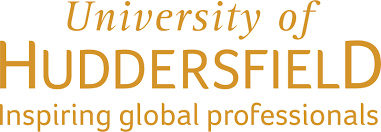Hooked on an Affect: Detroit Techno and Dystopian Digital Culture
Keywords:
techno, Detroit, dystopia, affect, futurism, desire, subcultureAbstract
Detroit techno is typically historicized as having grown out of the late 1970s and early 1980s middle-class, consumerist, and aspirational high school social party scene, giving the impression that Detroit techno artists created forward-thinking music as a means to acquire subcultural capital and (re)produce their identities. In this essay, this position is nuanced for a more complex understanding of techno’s relation to the quotidian phenomenological encounter with the dystopian setting of Detroit. Concomitantly, predominant theorizations of affect within the humanities, which emphasize the utopian, hopeful dimensions of affect’s inherent productivity, are supplemented for an understanding of productive energy revolving around affects of dystopia and on a certain hopelessness which scholars, in the years ahead, will increasingly have to negotiate.
Keywords: techno, Detroit, dystopia, affect, aesthetic, desire, subculture
Downloads
Published
Issue
Section
License
Authors who publish with this journal agree to the following terms:- Authors retain copyright and grant the journal right of first publication with the work simultaneously licensed under a Creative Commons Attribution-Noncommercial-Share Alike License that allows others to share the work with an acknowledgement of the work's authorship and initial publication in this journal.
- Authors are able to enter into separate, additional contractual arrangements for the non-exclusive distribution of the journal's published version of the work (e.g. post it to an institutional repository or publish it in a book), with an acknowledgement of its initial publication in this journal. Such derivate works or subsequent publications must happen no less than one calendar year after the initial publication date in Dancecult.
- Authors are permitted and encouraged to post their work online (e.g. in institutional repositories or on their website) prior to and during the submission process, as it can lead to productive exchanges, as well as earlier and greater citation of published work (See The Effect of Open Access).






